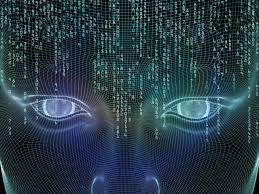Source: businesstravelnews.com
The rise of artificial intelligence is likely to extend … job destruction deep into the middle classes, with only the most caring, creative or supervisory roles remaining.” Stephen Hawking’s prediction of the rise of AI is rapidly becoming true. AI is being applied right now by your smartphone, your social media feed and the online ads targeting you. In the travel industry, that chatbot you’re communicating with, your online booking tool and the GPS tracker you are running are all fueled by AI. And 30 percent of jobs are at risk of automation by the mid-2030s, according to a 2018 PwC report, with no sector remaining unaffected by these technologies.
So, where does that leave the travel risk and security sectors? Human intelligence is crucial to verification and decision-making.
People Power
Machines are only as intelligent as we program them to be. Location data can be tagged incorrectly, context can be lost from keyword extraction and fake news can go unaccounted for. In such cases, there is no substitution for human involvement to evaluate and verify the data received.
For a travel manager who needs to find information about or relay important information to staff abroad—whether a travel delay, an unexpected route diversion around a strike or a weather disruption—accuracy is critical. While AI filters noise, human intelligence’s wider contextual knowledge, such as an awareness of a particular country’s laws and customs, verifies facts in order to deliver authentic, concise and relevant information.It accounts for nuances. The needs of a female traveler, for example, might differ from those of a male traveler.
Technology has not yet risen to a point where duty of care can be completely outsourced to a computer; when multiple outcomes to a situation need to be evaluated, the expertise of a skilled individual is still needed to deliver trusted information and apply it to the decision-making process.
While it’s true that AI has already begun to replace some jobs and will continue to do so, humans will remain critical parts of many business processes. AI certainly makes our jobs easier and our days more productive, but it’s not going to eliminate the intellectual strengths of humans just yet.


